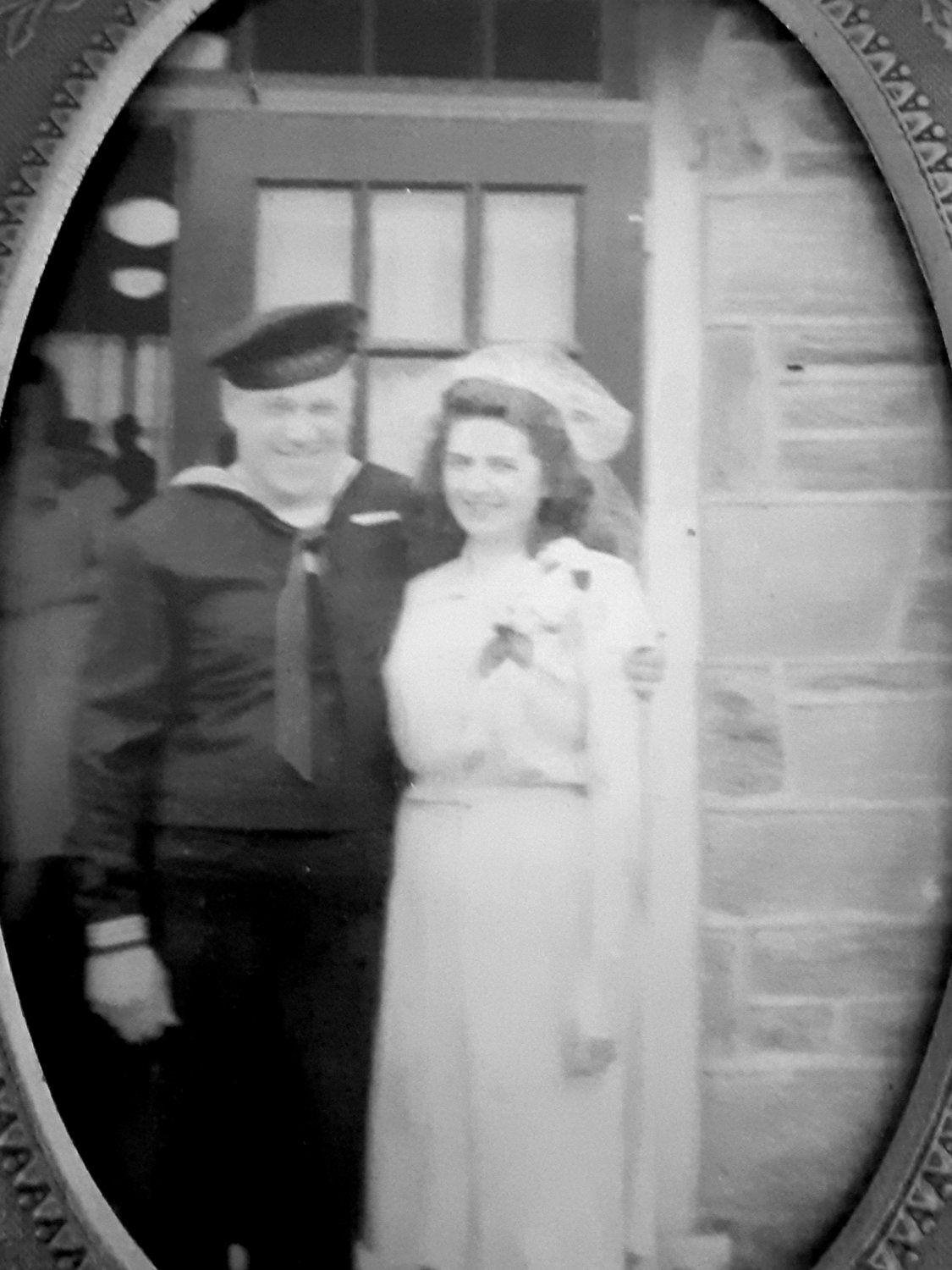Remembering my father, an everyday hero
February, March and April usually give me multiple opportunities to remember my father, Ike. That’s because his yahrzeit (the 9th of Adar II or Adar I, depending on whether it’s a leap year) is close to two Jewish holidays and an unofficial New England holiday.
So, I remember Ike on his yahrzeit, days before Purim; on the corresponding English anniversary of his death, March 13, 2003; on the eighth day of Passover, when Yizkor is recited; and on opening day of the baseball season.
Growing up, Ike and my mother, Sylvia, were active in the Hebrew School in Dorchester, Massachusetts, that my sister and I attended. They went the extra mile to make the students feel welcome. Ike did that by taking responsibility for leading the children’s Sabbath services and by blowing the shofar at their High Holy Days services.
But the highlight of my father’s involvement in our Hebrew School, as far as I was concerned, came every May, when Ike would organize and chaperone our annual trip to a Red Sox afternoon game at Fenway Park. Those group outings were a greatly anticipated sign of spring. With games starting at 1:30 or 2 p.m., we’d get dismissed early from regular school, and we’d watch a game from seats that, before the pandemic, cost $60 or more, but which in the early 1960s were classified as unreserved grandstand seats and usually sold for $1.50 or less. Those outings were in the days before the 1967 Impossible Dream year, when every season was a losing one – but we still enjoyed the games.
Over the years, baseball played a big role in helping my dad and me bond. Although we only attended one game on opening day, we’d inevitably get to games during April’s school vacation week and in the summer. And, well into the ’90s, I’d look forward to meeting my dad at Fenway to take in a game.
Ike was born in 1918, when the Spanish flu pandemic started, and he survived the Great Depression and fought in World War II. Eighteen years after his death, I can’t help but speculate about what he would have thought about how the country has been handling the COVID-19 pandemic.
One thing he’d probably say is that we’ll never be able to put the pandemic behind us until we demonstrate a deeper sense of cooperation, instead of letting every state do its own thing. And he’d tell us to get vaccinated; he let his kids get the polio vaccine because it was the right thing to do in the late 1950s, just as it’s the right thing to get the COVID-19 vaccine now.
Stressing the need to work together is what I’d expect Ike, whose generation beat the Axis powers, would advise Americans in today’s bitterly divided country. He’d say that it would have been nearly impossible for his generation to have won World War II if they had lived in today’s broken society, dominated as it is by social media’s non-stop vitriol and hate.
The accomplishments of Ike’s generation made those veterans a special breed; they did what was expected of them. I reflected on that in the eulogy I gave at his graveside service on March 16, 2003:
“Ike was an everyday hero. He did not win the Congressional Medal of Honor, but he quietly did what his country asked him to do at a time of great need. Of course, that’s precisely what the generation that grew up in the Great Depression did, so it wasn’t surprising that Ike joined the Navy in 1943, became a radioman and spent the rest of the war prowling the North Atlantic on a destroyer escort as the Allies fought their way to victory in Europe.
“Like most World War II veterans, Ike didn’t talk much about his wartime experience, even to his son, but he did occasionally reveal just enough to let you understand why he was never too rattled by the vicissitudes of everyday life in the post-war world.
“His description of reciting what Ike liked to call the ‘major league’ Yom Kippur confessional prayer, the Al Chet, while depth charges were going off all around him, tells a lot about the man’s character. He not only was a man of honor, but a man who had a healthy respect for God and was prone to talking to him in difficult times, not unlike Tevye, the fictional milkman from ‘Fiddler on the Roof.’ ”
Surviving the horrors of war helped make Ike a compassionate man who understood hardship, which is why he embraced the Jimmy Fund, the Boston Red Sox’ signature charity to raise money for the Dana-Farber cancer center. We couldn’t go to a game at Fenway Park without Ike dropping money into one of the park’s Jimmy Fund canisters.
Unfortunately, Ike and I never got to celebrate a Red Sox World Series victory, after seeing them lose the seventh games in 1967, 1975 and 1986, when the bitter Game 6 loss against the New York Mets erased a Red Sox lead in the bottom of the 10th, just one strike away from the elusive title. But in 2004, when the Sox broke the 86-year-old Curse of the Bambino, I had no doubt Ike had played a role.
Now, 18 years after his passing, Ike’s spirit remains with me. Here’s hoping the example of his generation will help us overcome the hardships and tragic losses that we’ve been dealing with for way too long.
LARRY KESSLER (larrythek65@gmail.com) is a freelance writer based in North Attleboro. He blogs at larrytheklineup.blogspot.com.








